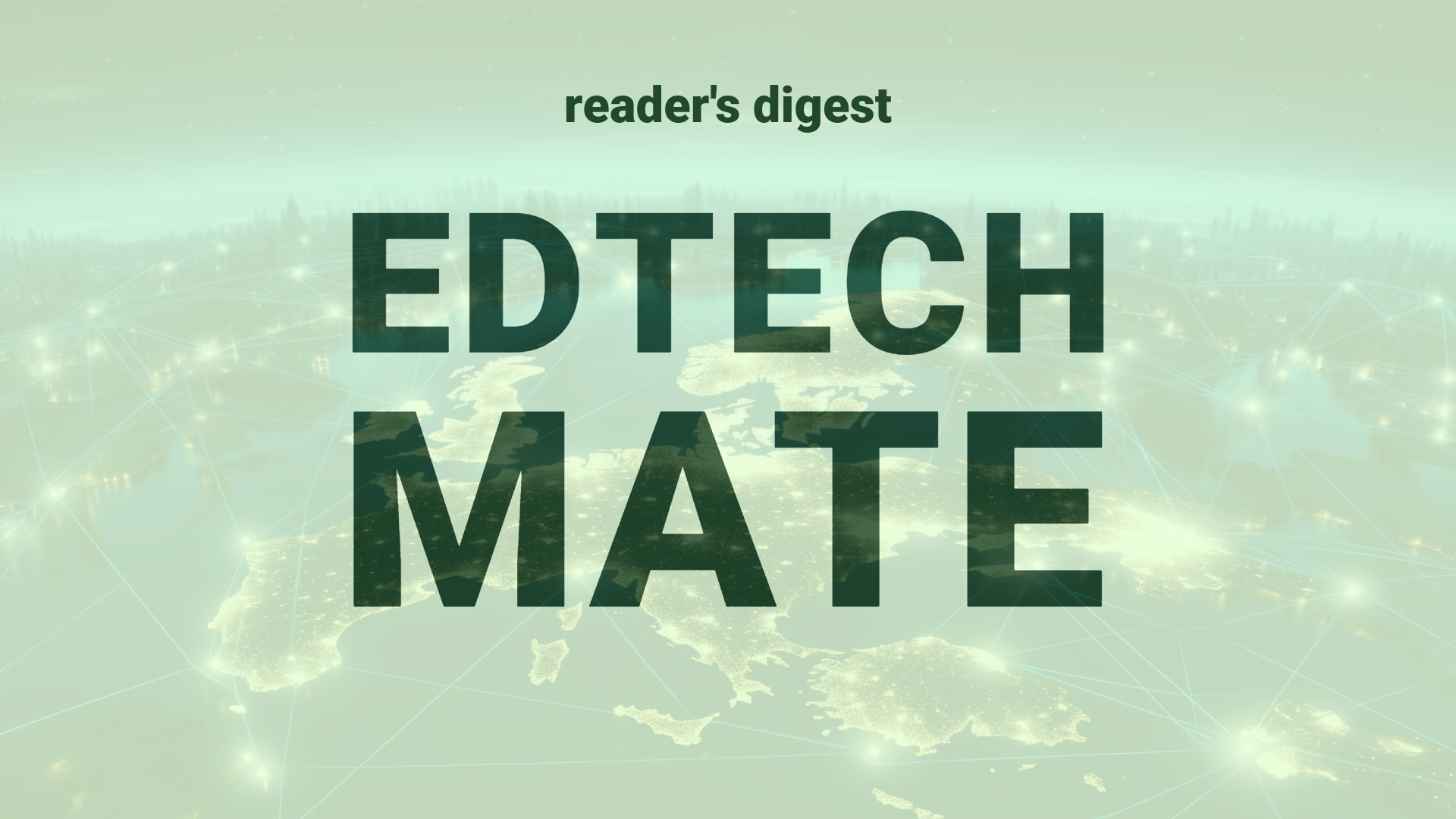“`html
Executive Summary and Main Points
Organizations globally are enhancing their Environment, Social, and Governance (ESG) reporting capabilities in response to rising regulations and transparency demands. Chief Information Officers (CIOs) are increasingly tasked with not only ensuring data integrity for ESG reporting but also overseeing the digital infrastructure—tools, processes, and technology integrations. The market for ESG solutions is growing significantly, with large-scale ERPs and AI figuring prominently in the ecosystems. Integration, flexibility, scalability, and partnerships with vendors are critical for the journey ahead.
Potential Impact in the Education Sector
The emphasis on ESG reporting and tools holds substantial implications for Further Education, Higher Education, and Micro-credentials. Strategic ESG-focused partnerships could drive sustainability education, research collaborations, and curriculum development. Digital transformation and the integration of ESG reporting tools can enhance institutional accountability and foster a culture of sustainability and governance that aligns with global educational policies and objectives.
Potential Applicability in the Education Sector
AI and digital tools empowering ESG initiatives can be adapted for education systems, potentially improving campus sustainability management, ethical governance, and social accountability. AI-powered analytics could reveal insights into the environmental impact of educational institutions, while digital platforms might enable tracking of social initiatives and governance practices, potentially influencing the design and delivery of micro-credentials in sustainability.
Criticism and Potential Shortfalls
While the advanced ESG tools promise to simplify reporting and performance improvement, there are critical considerations regarding potential data inaccuracies, the complexity of full value chain reporting, and the cultural fit of imported solutions in different educational contexts. Additionally, ethical considerations need to be addressed to ensure that ESG tools align with the values and goals of educational institutions globally.
Actionable Recommendations
For successful implementation, educational leadership should consider phase-wise adoption of ESG tools with an emphasis on integration and staff training. Piloting projects may test digital transformation initiatives that prioritize ESG outcomes. Collaboration with technology partners can be sought for customized solutions, ensuring those selected tools align with the institution’s long-term strategic goals in global higher education dynamics.
“`
Source article: https://www.cio.com/article/1307195/esg-software-6-tips-for-selecting-the-best-fit-for-your-business.html

